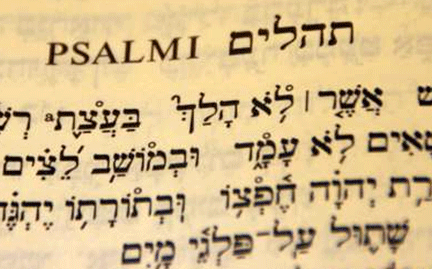
In my Old Testament Poetic Books on April 19 & 26, we initially completed the book of Psalms and then went through key issues in the book of Proverbs. These issues include the following.
Title
Authorship & Date
Growth of the Book of Proverbs
Canonicity
The Relationship Between Proverbs 22:17???24:22 and The Instruction of Amenemope
Characteristics of Proverbs
Literary Forms
Theme and Purpose
Theological Emphases
Interpreting Proverbs
When I went through my notes on Interpreting Proverbs, I focused on six considerations that need to be factored into our hermeneutical framework (for more on this, go to “Interpreting the Book of Proverbs“). The most important guideline is the analogia Scriptura, Scripture interprets Scripture. What this means is that the entirety of Scripture is the context and the guide in interpreting specific passages in Scripture. In reference to Proverbs, this means that problematic passages in this book should be interpreted by the rest of Scripture (to see the essence of my presentation, go here, here and here).
Technorati Tags:
Poetic Books, Proverbs, Wisdom literature




